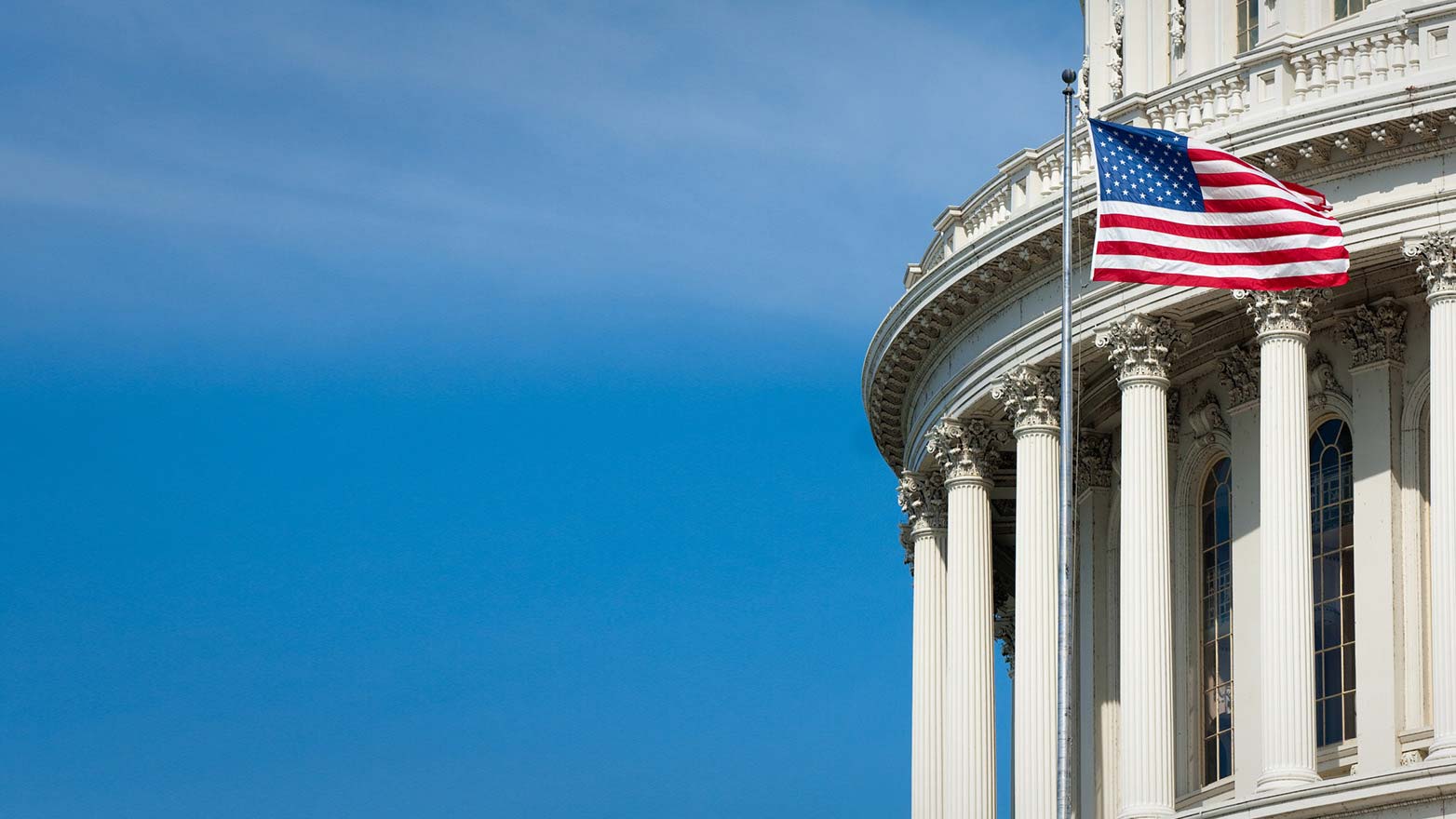Environmental Justice: New Executive Order
White House says “environmental justice is a duty of all executive branch agencies and should be incorporated into their missions”

April 2023
The White House issues an Environmental Justice Executive Order, Revitalizing Our Nation’s Commitment to Environmental Justice for All, which reinforces and builds on previous Executive Orders (e.g., EO 14008, Tackling the Climate Crisis at Home and Abroad, and EO 12898, Federal Actions To Address Environmental Justice in Minority Populations and Low-Income Populations) and initiatives (e.g., Justice40, and the DOJ Environmental Justice Enforcement Strategy - see KPMG Regulatory Alert, here).
The White House states the Executive Order “makes clear that the pursuit of environmental justice is a duty of all executive branch agencies and should be incorporated into their missions.” In addition, the White House highlights key provisions of the Executive Order that:
- Affirm environmental justice as central to the implementation of civil rights and environmental laws.
- Direct agencies to consider measures to address and prevent “disproportionate and adverse” environmental and health impacts on communities, including the cumulative impacts of pollution and other burdens like climate change. Requires agencies to notify nearby communities in the event of a release of toxic substances from a federal facility, and to hold a public meeting to share information on resulting health risks and necessary precautions.
- Direct agencies to actively facilitate “meaningful public participation” and just treatment of all people in agency decision-making. Further directs agencies to identify and address gaps in science, data, and research related to environmental justice, to advance the analysis of cumulative impacts, and to make information on environmental and health concerns more publicly accessible.
- Establish a new:
- Environmental Justice Subcommittee within the National Science and Technology Council, led by the Office of Science and Technology Policy.
- White House Office of Environmental Justice to be led by the Federal Chief Environmental Justice Officer and tasked with coordinating the implementation of environmental justice policy across the federal government.
- Reporting requirement, the Environmental Justice Strategic Plans and Assessments, to be completed by federal agencies, submitted to the White House Council on Environmental Quality (CEQ), and made public on a “regular basis”.
- Environmental Justice Scorecard, a new government-wide assessment of federal agencies’ efforts to advance environmental justice.
Beyond the Executive Order, the White House announces other steps to further the commitments to environmental justice including:
- Publication of “Phase One of the Environmental Justice Scorecard” by the Office of Management and Budget (OMB), CEQ, and the U.S. Digital Service – intended to establish a baseline for tracking the federal government’s efforts through 24 agencies to secure environmental justice, including to advance the Justice40 Initiative.
- Launch of a new White House Campaign for Environmental Justice – intended to better focus agency resources and attention on the needs of marginalized and overburdened communities.
- New Justice40 programs announced by the Department of Commerce, the National Science Foundation, and the National Aeronautics and Space Administration (NASA) – intended to ensure that 40 percent of the overall benefits of certain federal investments flow to disadvantaged communities.
- Release of a draft National Strategy on Preventing Plastic Pollution by the Environmental Protection Agency – intended to combat the disparate impacts on communities affected by plastic from production to waste. A new Interagency Policy Committee (IPC) on Plastic Pollution and a Circular Economy – intended to coordinate federal efforts on plastic pollution, prioritizing public health, economic development, and equity.
Dive into our thinking:
Environmental Justice: New Executive Order
Download PDFExplore more
Meet our team


Get the latest from KPMG Regulatory Insights
KPMG Regulatory Insights is the thought leader hub for timely insight on risk and regulatory developments.